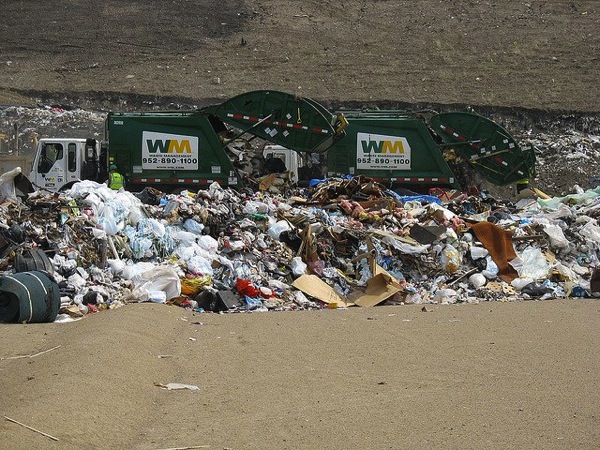You and I can agree that accurately forecasting aircraft maintenance cost is a job for a mathematician. From statistical analysis and exponential smoothing to extrapolation and the econometric forecasting, it's a world of its own. Did reading those terms bore you? I nearly fell asleep just typing them.
While focusing on your aircraft maintenance cost, there is one proven method that can help regain control of cost variation and waste.

The method which I'm talking about is Lean Six Sigma.
This methodology is known all over the world so I can be safe to say that I don't have to define it here. Instead let's discuss it's implication and how it can help you control your maintenance activities.
Key Principles of Lean Six Sigma And Your Aircraft Maintenance Cost
Lean Six Sigma is a proven method for improving your maintenance efficiency and effectiveness. Here are 6 principles to follow when implementing Lean Six Sigma:
-Identify your value stream and how the work gets done. -Manage, improve and smooth the process flow. -Remove waste. Non-Value-Added steps increase cost. -Reduce variation by managing by fact. -Involve the right people in the process who are fully equipped. -Engage in improvement activities in an organized way.
These 6 principles are vital to a successful Lean Six Sigma team. The key is to reduce waste and focus on value added activities. If a technician is running around to multiple projects, there is a possibility they may miss an important aspect of the inspection. This was mentioned in our last article.
In order to accomplish this, you must also implement a framework that can help with this process.
For improving activities in your maintenance processes you'll need to employ the useful framework of DMAIC.
Use DMAIC In Lean Six Sigma
To undergo improvements in regards to your aircraft maintenance processes utilizing Lean Six Sigma, you will need to use the framework of DMAIC.
Define: All projects start with a problem. This problem needs to be defined and everyone involved knows their role. Think about why you're doing this project and what you're trying to achieve.
Measure: The Define stage is what you "think" the problem is. Through the measure stage you'll need to be clear by coming up with how the work gets done and how well once finished.
Analyze: Now that you have an understanding of what is happening, it's imperative to find out why. Never jump to any conclusions. Manage by fact and narrow down to the best possible causes. Once the possible causes are identified you can pinpoint the root cause.
Improve: Now that you've identified the process and the problem, here is where you identify a solution to the root cause. Come up with various ideas and select the best one. Once the best one is selected, test it out.
Control: You need to control the gain you're trying to achieve. Come up with a control plan so the process is carried out consistently.
Utilizing DMAIC is imperative to the success of your Lean Six Sigma and cost control endeavors. Here is an easy way to identify your wastes.
Meet Tim Woods
In order to be successful at reducing your waste, you must first identify it. Use the acronym Tim Woods to achieve this.
T: Transport – Moving people, products & information I : Inventory – Storing parts, pieces, documentation ahead of requirements M : Motion – Bending, turning, reaching, lifting
W: Waiting – For parts, information, instructions, equipment O: Over production – Making more than is IMMEDIATELY required O: Over processing – Tighter tolerances or higher grade materials than are necessary D: Defects – Rework, scrap, incorrect documentation S: Skills – Under utilizing capabilities, delegating tasks with inadequate training
By utilizing Lean Six Sigma within your aircraft maintenance process you'll ensure that the varying cost can be reduced in one aspect or another. Don't let wasteful process deplete your bottom line. I encourage you to implement the Lean Six Sigma way and to reduce aircraft maintenance costs throughout your organization.
It may seem difficult at first but it'll save you from days which you result to hair pulling, screaming and banging your fist on the floor. Your goal is efficiency and less stress.
P.S. We can help you control your WOODS waste. We would love to talk about your needs so contact us today by clicking here.





